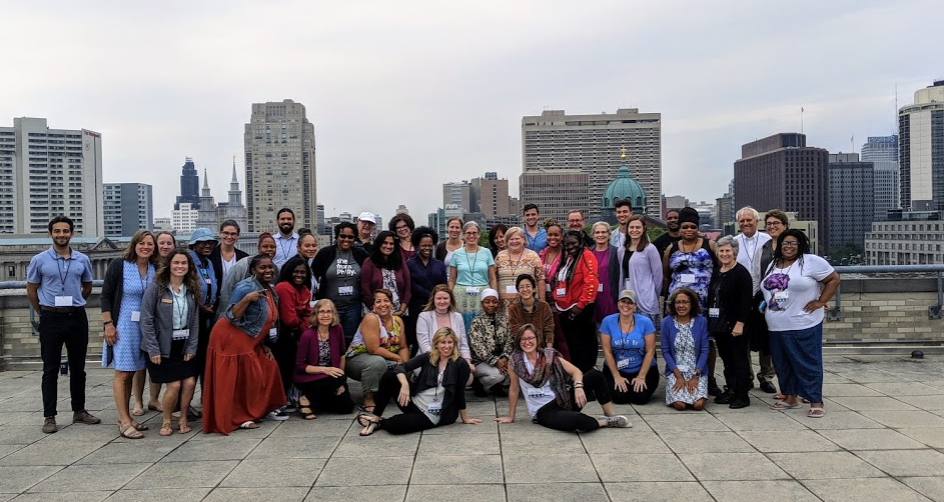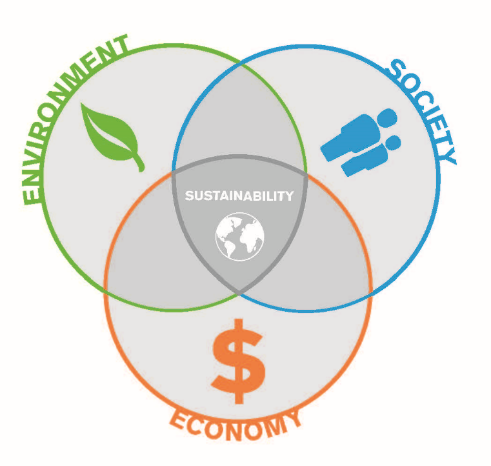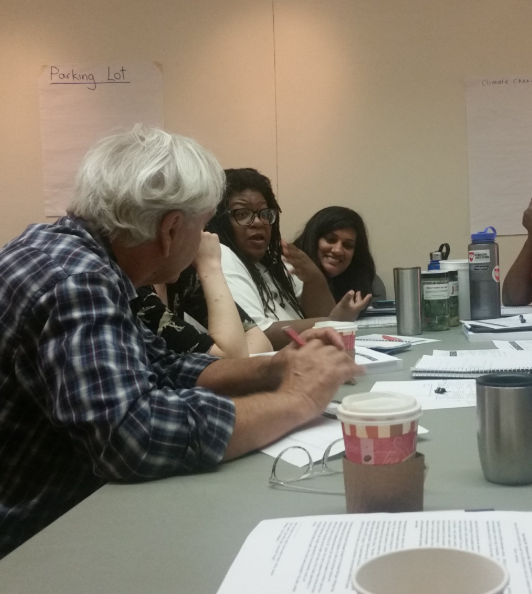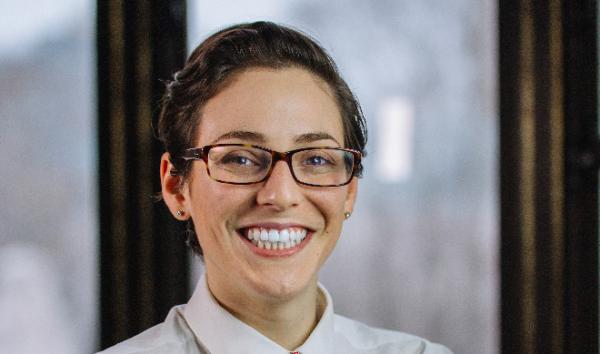
Date:
Last week forty Philadelphia-area teachers gathered to explore this question in depth at The Franklin Institute’s second annual sustainability and climate change teacher training. Led by TFI’s Curriculum Developer Rachel Castro-Diephouse and Environmental Scientist Dr. Rachel Valletta, this three-day event examined how teaching for sustainability can be a solution to one of the world’s most pressing problems: climate change.
Teaching for sustainability—as opposed to teaching about sustainability—is difficult to conceive, but can be a powerful teaching tool. To understand how to practice this philosophy, participating teachers explored various definitions of sustainability and crafted their own.
What is sustainability?
For me, the environmental sciences, environmental stewardship, and conservation of natural land all come to mind. To live sustainably, I feel I should be mindful of my energy consumption and live with a small ecological footprint, minimizing my impact on the world I live in.
Yet “sustainability” encompasses far more than environmental impact alone—it is a deceptively complex concept which can be defined in many ways. One widely accepted definition comes from the United Nations’ 1987 Brundtland Commission which describes sustainability as “meeting the needs of the present without compromising the ability of future generations to meet their own needs.” Other definitions have examined sustainability as the harmonious condition achieved when environmental, social, and economic systems are in balance, much like the overlapping area of a Venn diagram:

Many more definitions for sustainability exist. And while each vary slightly, they all require mindful, responsible people actively working to create a society that operates within planetary boundaries.
The act of teaching for sustainability can promote such a responsible citizenry, and therein lies its power. The School District of Philadelphia, a partner in this teacher training, defines teaching for sustainability as a holistic framework which equips our students with “the skills, knowledge, and habits of mind that will prepare them to create and contribute to a world where economic prosperity, social justice and responsible citizenship are strengthened while restoring our health and that of the living systems upon which our lives depend.”
Together, this teacher cohort examined how using this philosophy can help combat the impacts of climate change locally and globally and, more broadly, help cultivate engaged students that become engaged citizens. As one experienced teacher reflected, this approach “provides a sense of custodianship for [our students] over their community and their world.”

At a culminating action planning session, teachers asked, “How do our students learn from their community?” and discussed how to design student-led projects with maximum impact.
In the face of climate change, these educators are teaching for sustainability to find a path forward in their classrooms and in their communities.
------
This teacher training was made possible through a partnership among The Franklin Institute, the School District of Philadelphia’s GreenFutures team, and the National Wildlife Federation’s EcoSchools program. The training featured collaborators from the Fairmount Water Works, Arizona State University’s Global Institute of Sustainability, and Boyer-Sudduth Environmental Consulting. Funding was provided through the Climate and Urban Systems Partnership project and the Cedar Tree Foundation.


